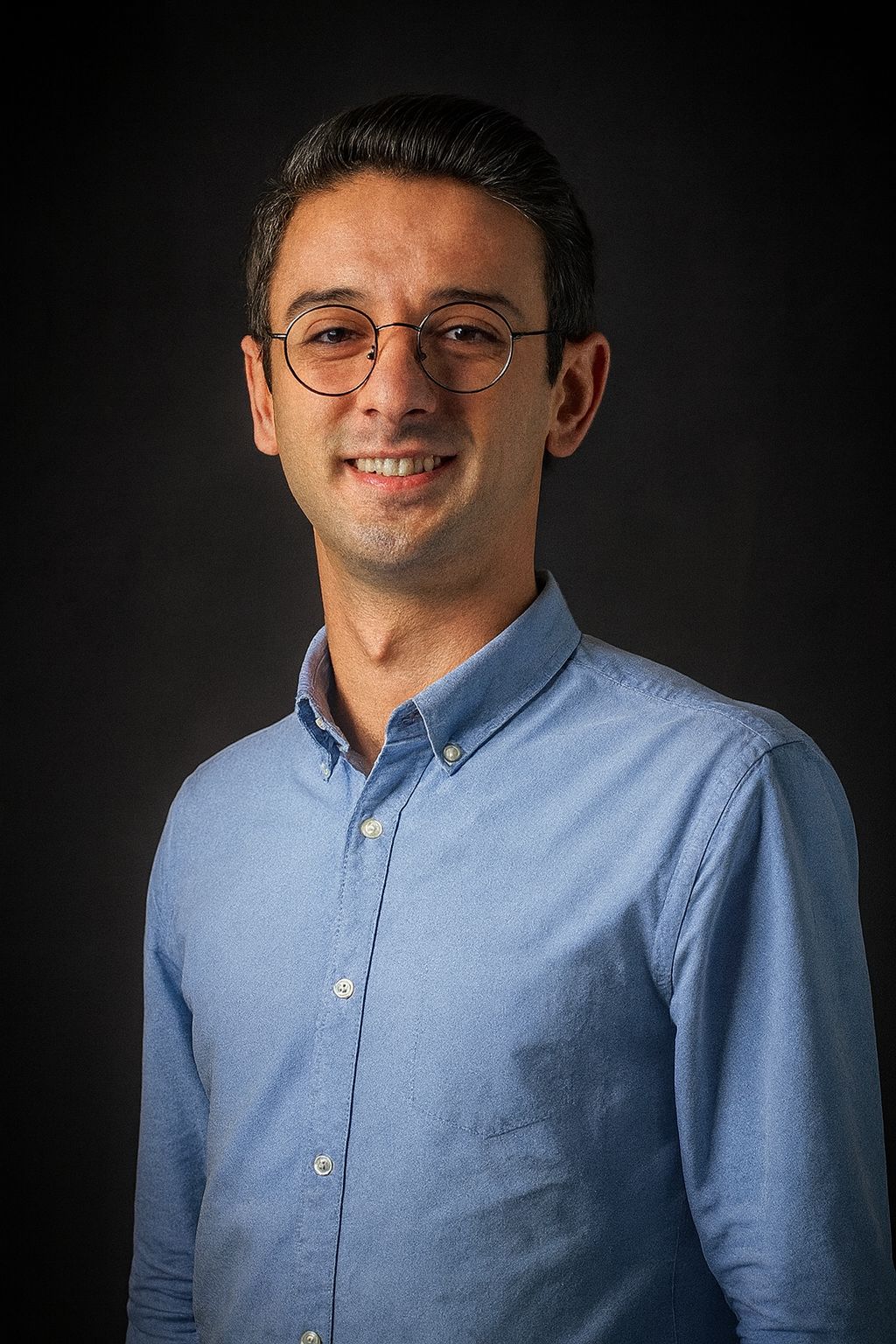In the complex intersection of criminal justice, public health, and mental health, one research project is quietly working to change the game. The Addiction Treatment Adequacy Post-Incarceration Study—coordinated by neuroscientist and mental health researcher Ali Haydar Ozgun—aims to reshape how treatment for substance use disorders is delivered to one of the most vulnerable populations: individuals recently released from incarceration.
Ozgun’s work is grounded in data, but it is driven by urgency. Approximately 65% of incarcerated individuals meet the criteria for substance use disorders. Once released, their risk of overdose skyrockets to between nine and seventeen times that of the general population.
“This isn’t just about research,” Ozgun explains. “It’s about building an evidence base that will compel policy change.”
The Project
Funded by the National Institute on Drug Abuse (NIDA), the study is a collaboration between Columbia University, the New York State Psychiatric Institute, and the University of Wisconsin-Madison’s JUST-US Research Group.
The research tracks participants in New York City over a year, assessing both their substance use patterns and the adequacy of treatment they receive. Treatment adequacy is measured against the American Society of Addiction Medicine’s patient placement criteria—a gold standard in addiction care.
By combining individual-level data with environmental factors, the team uses advanced spatially informed multi-level modeling to identify both personal and systemic barriers to effective treatment.
Beyond the Data
Ozgun’s background positions him uniquely for this work. Before joining Columbia, he earned top academic honors at Istanbul Gelişim University, published groundbreaking research on internet addiction, and contributed to studies on coping mechanisms among survivors of marital sexual violence. His memberships in the JUST-US Research Group, the Memory and Metacognition Lab at Brooklyn College, and Columbia’s Global Psychiatric Epidemiology Group speak to the trust leading experts place in his abilities.
Recognition has followed him at every step. From national academic awards in Turkey to invitations to present at international conferences like the Guyana Mental Health & Well-Being Conference, Ozgun has consistently been recognized for both scholarly rigor and the practical impact of his work.
Original Contributions
The originality of Ozgun’s research lies in his ability to bridge micro-level behavioral insights with macro-level policy relevance. In his early work on internet addiction, he identified patterns linking specific personality traits and defense mechanisms with higher risk, offering new avenues for prevention. In his sexual violence research, he documented distinct coping strategies among survivors, underscoring the need for tailored interventions.
Now, with the post-incarceration addiction study, he applies that behavioral lens to a high-risk population, aiming to produce findings that will directly influence treatment protocols and funding priorities.
Global Perspective, Local Impact
Although his research often focuses on the U.S., Ozgunmaintains a global perspective. “The structural challenges that limit access to effective treatment aren’t unique to New York,” he notes. “But the solutions we develop here could be adapted elsewhere.”
In Guyana, his presentations sparked cross-country conversations on how addiction and trauma are addressed in different cultural contexts. His bilingual fluency in English and Turkish and his academic training in Germany and the U.S. make him adept at translating research across borders—literally and figuratively.
Looking Forward
The project’s first major findings are expected to be published in 2025. In the meantime, Ozgun is working to ensure the data infrastructure is robust and the research protocols maintain the highest ethical standards.

Ultimately, he envisions a future where the justice system, healthcare providers, and policymakers work from the same evidence base to improve outcomes for formerly incarcerated individuals. “If we can close the treatment gap for this population,” he says, “we can reduce recidivism, lower overdose rates, and improve community health overall.”
In a field where research often stays confined to academic journals, Ozgun’s work stands out for its real-world applicability. It’s a reminder that science, when coupled with commitment and vision, can break down even the most entrenched barriers.







